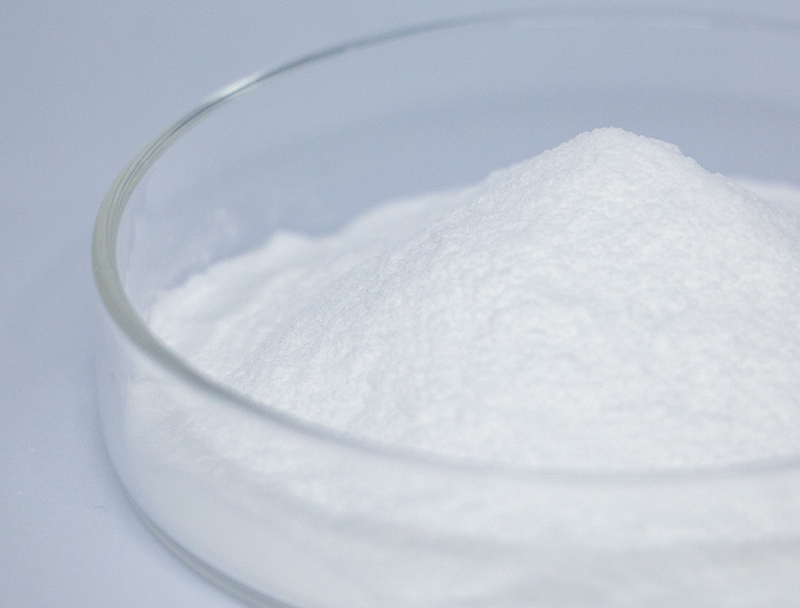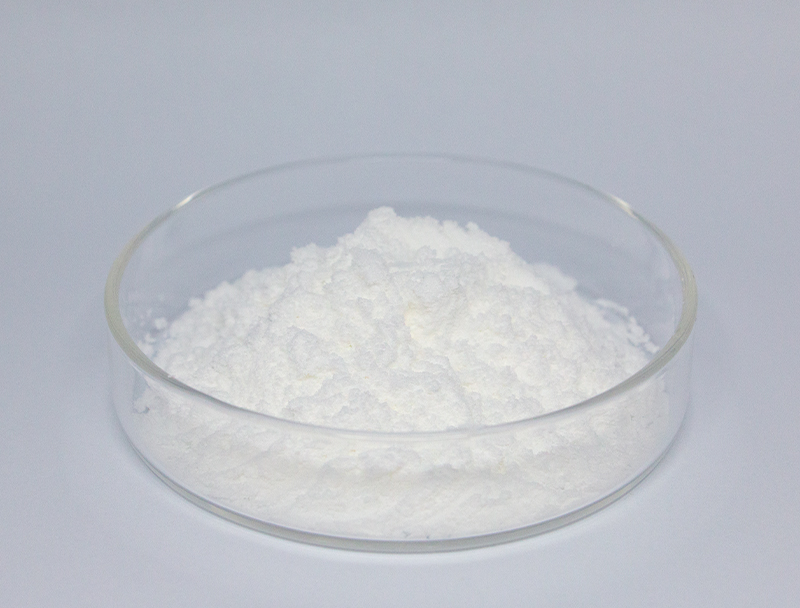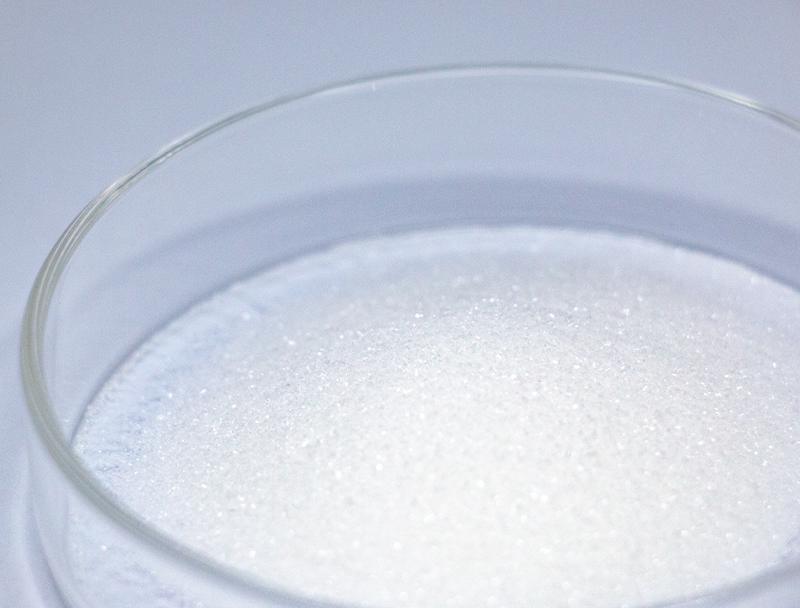
Large-scale bioproduction hinges upon a diverse spectrum of raw materials to yield progressive bio-based commodities.
Ensuring long-term supply of raw inputs is vital for future-proofing and moral progress in biomanufacturing.
several issues arising from typical material sourcing like ecosystem disruption and unsustainable harvesting. Therefore, biomanufacturing companies must actively seek out alternative sourcing strategies to minimize their ecological footprint.
- Models of sustainable material sourcing include:
- Harnessing secondary biomass from farming outputs
- Integrating recovery systems to shrink waste while improving throughput
- Teaming up with provincial partners who practice sustainable procurement
Such a move to ethical procurement delivers ecological gains and commercial returns over time.
Improving Biomass Inputs to Boost Biofuel Yields
Raising biofuel yields involves refining feedstock structure and content. Research teams persist in studying techniques to boost feedstock performance, leading to higher yields of biofuels and a more sustainable energy future. Efforts pair genetic enhancement for feedstock abundance with advanced pretreatment to produce usable sugars.
- Also, studies emphasize discovering resources such as seaweed, organic waste, and residual straw to diversify sustainable feedstock supplies for fuels.
- By means of ongoing innovation the biofuel sector can achieve substantial advances soon, shaping a cleaner energy future.

Advances in Biopharmaceutical Manufacturing: Focus on Upstream Operations
comprises front-end procedures like culture expansion and cell retrieval Recent progress has advanced techniques that maximize productivity and increase output.
Key advancements include the utilization of novel cell lines, optimized culture media formulations, and intelligent bioreactor designs. The improvements increase output while decreasing cost structures and sustainability impacts.
- Furthermore, there is a growing trend towards continuous processing in upstream processing, allowing for increased flexibility over the production process.
- This move toward intelligent production systems is expected to reshape the industry and hasten drug development.

Innovations in Gene Editing for Improved Biopharmaceutical Yield
progresses in gene editing technologies, such as CRISPR-Cas9, have revolutionized the production of biopharmaceuticals. Using precise gene interventions, engineers raise the output of key therapeutic proteins. This route supports the creation of more affordable and productive treatments for multiple disorders.
Using Microbial Systems for Site-Specific Remediation
progressive microbe-based cleanup tactics that mitigate industrial pollution. Microbial species can metabolize and convert hazardous compounds into benign byproducts.. Leveraging microbial biotransformation promotes sustainable remediation that curbs industrial environmental impacts.. Laboratories test microbial species for efficacy against metals, pesticide pollutants, and oil-related contamination. Organisms may be utilized in controlled reactors or in place to accelerate contaminant decomposition through biodegradation..
Microbial-based approaches to remediation bring considerable advantages over traditional solutions. This method provides a low-cost, low-waste alternative to conventional remediation. Furthermore, microbial solutions are highly specific, allowing for the remediation of particular pollutants without disrupting the broader ecosystem. The field of microbial biotechnology continues to advance rapidly, with ongoing research focused on improving the efficiency and effectiveness of bioremediation strategies.
Leveraging Bioinformatics for Novel Therapeutics
Computational tools have grown indispensable in the current drug discovery landscape. From target selection to safety profiling, bioinformatics empowers rapid, data-informed therapeutic design.
- Through mining large genomic, proteomic, and clinical repositories, informaticians reveal new targets and forecast drug behaviors.
- Also, in silico modeling of molecular interactions accelerates optimization toward more selective therapeutics.
- Finally, data-driven informatics is changing drug development and hastening patient access to effective therapies.
Fine-Tuning Metabolism to Maximize Bioproduct Synthesis
deploys several tactics to elevate cellular production of valuable biochemicals. Programs use genetic redesign of metabolic networks, dynamic regulation of expression, and addition of heterologous genes to unlock new capabilities. By refining pathway flux and regulation engineers can significantly raise bioproduct production.
Such an integrated approach may disrupt diverse fields including therapeutics, crop science, and sustainable fuels.

Challenges and Opportunities in Scaling Up Biopharmaceutical Production
Commercializing biopharma production involves significant constraints and promising benefits. Preserving batch-to-batch quality when scaling up is a key challenge. Resolving it depends on rigorous control strategies, precise instrumentation, and comprehensive analytics.

A further difficulty lies in process complexity, with many interdependent production phases.. Adapting protocols for industrial scale requires considerable development work and engineering advances.. However, the potential rewards are substantial. Skilled scaling can enlarge supply, lower prices, and increase profit potential.
Multiple programs focus on resolving scale-up difficulties. Initiatives involve optimization platforms, high-resolution analytics for process control, and novel manufacturing frameworks.
- Technology development efforts underpin advances in production capability.
- Regulators are adapting frameworks to speed authorization of novel manufacturing approaches and spur innovation.
Navigating the Regulatory Landscape for Biopharmaceuticals: Ensuring Safety and Efficacy
Engineering biologic therapies includes robust governance to assure patient safety and measure effectiveness. Living-source therapeutics present distinct obstacles in regulation and production relative to classical drugs.
Regulators such as the FDA and EMA define authorization pathways and quality standards for new biologic medicines..
Comprehensive testing regimens must be followed from early-stage research through ongoing post-approval monitoring.. The measures work to spot potential hazards and validate that therapies reach demanding safety levels..
Furthermore, regulatory bodies are constantly evolving their approaches to keep pace with the rapid advancements in biopharmaceutical research.. Actions include accepting new technologies and streamlining development channels while safeguarding patient health.

Plant-Based Biomass Options for Bioplastic Manufacturing
The trend toward sustainability stimulates development of renewable material technologies. Bioplastics produced from plant biomass form a compelling option for lowering environmental footprint. Feedstocks including cornstarch, plant cellulose, and sugarcane derivatives yield biodegradable plastics which break down and mitigate plastic pollution.
Similarly, selected bioplastics offer analogous properties to traditional plastics suitable for many applications.. Continuous R&D will drive plant biomass into scalable bioplastic manufacture and help establish closed-loop material systems.
This Emerging Impact on Public Health and Food Systems
Biotechnology has emerged as a powerful tool with the potential to revolutionize global health and address food security challenges. Via genetic modification, synthetic design, and therapeutic cell technologies, researchers build solutions to control infections, increase crop productivity, and enrich food Calcium Propionate quality.. A concrete example includes modified crops engineered for pest and stress tolerance that yield more while decreasing pesticide needs. In addition, the field produces vaccines, treatments, and diagnostic tools that are central to fighting infections and improving health worldwide.. Continued scientific progress suggests biotechnology will increasingly underpin healthier, more sustainable societies worldwide.
